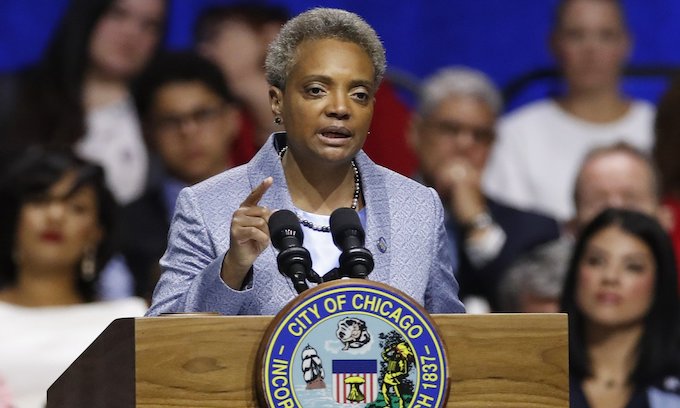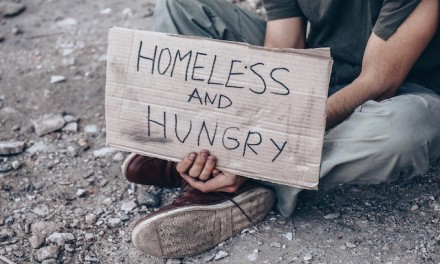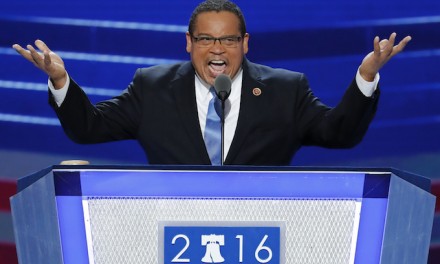Aldermen are pushing back against Chicago Mayor Lori Lightfoot’s proposal to codify various emergency powers she wants to give herself to deal with the fallout from the COVID-19 pandemic.
Facing complaints from several aldermen, Lightfoot made changes to the proposal to try to get it through the council, a spokeswoman said Monday.
Lightfoot is planning to introduce an ordinance directly to the Budget Committee Tuesday, granting her administration the ability to move money within the city budget to pay for coronavirus-related expenses without first needing aldermanic approval. Many of the powers already are part of an executive order the mayor signed in March.
If it clears the Budget Committee, the mayor’s measure would go to the full City Council at its online meeting Wednesday morning.
Council Black Caucus Chairman Ald. Jason Ervin, 28th, wrote a letter to Lightfoot, saying caucus members worry “parts of the Ordinance go beyond the bounds of executive authority and bypasses the City Council as a co-equal branch of government.”
In particular, Ervin argues transferring or reallocating money within the city should only be done after “serious debate and consideration with subsequent Committee and City Council approval.”
The 20 members of the Black Caucus often don’t vote in lock-step, so it’s not clear how serious a threat the group’s opposition is to the chances for Lightfoot’s proposal to pass the Budget Committee and the 50-member City Council.
A group of five progressive aldermen also penned a letter to the mayor Monday, calling on her to change the ordinance to prioritize “the most vulnerable and hardest hit communities, particularly Black and Brown communities on the West Side and South Side.”
The group calls for more City Council oversight of her spending changes: “The proposed ordinance, as written, currently appears to grant the Budget Director unilateral authority to rewrite the City’s approved budget without the inclusion of oversight of City Council. This language should be amended to ensure proper City Council oversight for any proposed or attempted alterations of the budget.”
They also call on Lightfoot to allocate federal relief money to special homelessness and mortgage relief funds to help people stay in their apartments and provide housing for those living on the streets.
With such widespread grumbling, Lightfoot amended the proposed ordinance in a bid to convince fence-sitting members of the council she has listened to their concerns.
“Following briefings held last week with the City Council, the administration has worked extensively with (Budget Committee Chair Ald. Pat Dowell), committee chairs, and other council leadership to incorporate feedback by council members into a revised ordinance that will be presented to the budget committee tomorrow,” mayoral spokeswoman Lauren Huffman said in a statement. “The revised ordinance addresses issues raised by council leaders including limiting the duration of the order.”
Among other amendments, the substitute ordinance will sunset at the end of June unless city Health Commissioner Dr. Allison Arwady issues an order calling for it to be extended. It also clarifies that the mayor is only able to unilaterally sign emergency contracts worth up to $1 million, and makes clearer the rules allowing the city budget director to make changes to the 2020 budget.
___
(c)2020 the Chicago Tribune
Visit the Chicago Tribune at www.chicagotribune.com
Distributed by Tribune Content Agency, LLC.
—-
This content is published through a licensing agreement with Acquire Media using its NewsEdge technology.



















Recent Comments